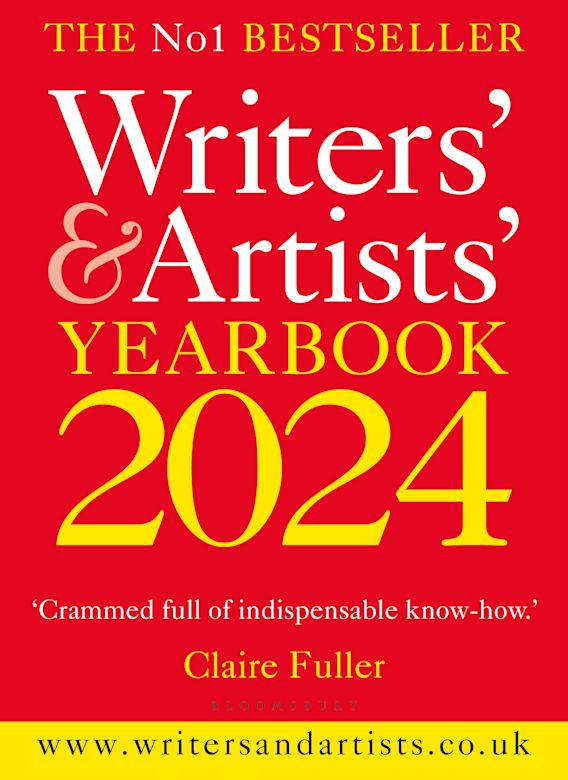In this new extract from the Writers’ & Artists’ Yearbook 2024, literary agent Rebecca Carter describes the potential impact of a well-crafted book proposal for turning your non-fiction idea into a published book.

Why is your idea a book, and what kind of book is it?
There are some questions I ask myself when I’m considering whether to offer representation to a non-fiction writer (and if the proposal indicates that the writer already has a firm grasp of the answers to these, it always inspires confidence):
• Most importantly – will the subject matter sustain a book-length treatment, or would it work better as a long-form essay?
• If it passes the above ‘Is it a book?’ test, what kind of book is it?
• Does the writer understand the type of non-fiction they are trying to write, and the strategies they might use to engage their reader?
• Are the chapters separate, self-contained essays, or does the whole book have a strong narrative propulsion?
• Is it a book that a reader would dip into – or one they would devour from cover to cover?
• If the latter, how does the writer demonstrate that the narrative arc will be exciting?
I often like proposals which start with an extended piece of writing presenting an introductory story that relates to the book. This allows the writer to showcase both their storytelling abilities and the voice in which the book will be written. It immediately draws a reader into the world of the book, and signals to a potential publisher what ‘genre’ of non-fiction the book aspires to. It is harder to demonstrate these qualities with a more abstract description of what the book will be about. This is not to say that a proposal shouldn’t have a more explanatory section that describes the author’s vision for it, both in terms of its contents and its place in the bookshop. But you don’t necessarily need to put that first. There are no absolute rules for ordering your proposal – you can be creative about it, allowing your material to guide you, whilst also making sure you say everything you need to.
How long should the proposal be? Again, allow the material to guide you – I’ve submitted proposals of 8,000 words and of 40,000. The chapter summaries are really important as they show if you have a strong sense of that crucial narrative arc: too short and they are boring and uninformative; too long and there’s a danger the reader feels they are reading the chapter itself, but in a duller form than in the actual book.
Rebecca Carter has worked in publishing for 30 years, first as a book scout, then as an editor and publisher, and since 2012 as a literary agent. In January 2023 she set up independently as Rebecca Carter Literary. She represents fiction and non-fiction. In non-fiction she is looking for original thinkers and writers in the areas of history, politics, culture, science, nature and the environment, and for memoirists and authors who aren’t afraid to blend and cross genres. See www.rebeccacarterliterary.com for more information. Follow her on Twitter @RebeccasBooks.
Comments